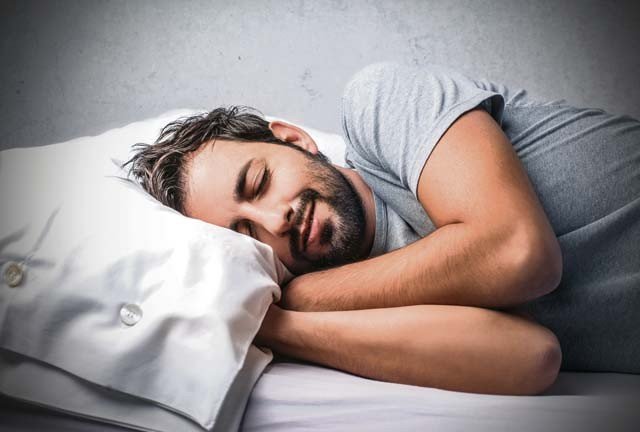
By Dr. Krystal White
AdvantiPro contributing writer
Most people crave even a tiny sliver of sun during the bleak winter months, but by the time summer arrives, experts warn that much desired hours of extra daylight in the summer contribute to sleep problems. Seventeen to 18 hours of sunlight can completely alter your regular sleep patterns. Combine that with a summer schedule (having kids home from school or a long vacation) and higher temperatures, and you’ve got a recipe for sleep deprivation. Although stress is the number one reason people report that they lose sleep, many things can cause insomnia: poor sleep habits, being sick or ill, going through hormone changes, having chronic pain, restless legs syndrome, being overweight, or sleep apnea.
Dr. Ohayon, MD, a sleep expert at Stanford University who has been surveying the prevalence of sleep disorders in the U.S. since 1990, reported that sleep problems become more prevalent during summer months, jumping from
10 percent of the adult population up to 25 percent.
Given that many people don’t already get the recommended amount of sleep during the rest of the year, summer months compound the issue.
“Regular schedules are often disrupted in the summer when school is out and this can lead to poor sleep routine,” said Dr. Daniels, pediatrician at LRMC. “The sun stays out later too, suppressing some of the natural sleep drive, making it even harder to fall asleep.”
Sleep Deprivation is associated with a decrease in IQ points, more negative behavior, more parent-to-child and more peer-to-peer conflict. Kids that gets less than eight hours are more likely to be labeled “trouble-makers” by teachers, and also diagnosed with ADHD. Adults who get less than seven hours over a three month period, are more likely to get into motor vehicle accidents. Sleep deprivation is related to avoidable weight gain and irrational decision making skills.
Dr. Daniels will be specializing in sleep disorders in a medical fellowship later this year.
“Keep a consistent bedtime routine even during summer vacation, particularly a regular wake-up time in the morning,” Daniels said.
Also, avoid using laptops, tablets, smartphones, and other light-emitting screens before bedtime. Instead, consider reading books from a summer reading list when getting ready to go to sleep.”
Fortunately, there are simple steps you can take to combat summertime sleep woes. Follow these guidelines for sleeping soundly.
Author’s information: Dr. White is a pediatric psychologist at Landstuhl Regional Medical Center and the developmental health consultant for Europe Regional Medical Command. She specializes in healthy habits across the lifespan and evaluating developmental disorders.
